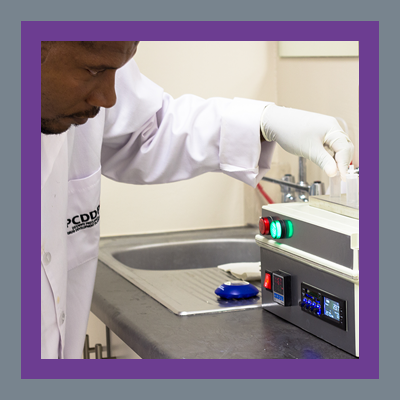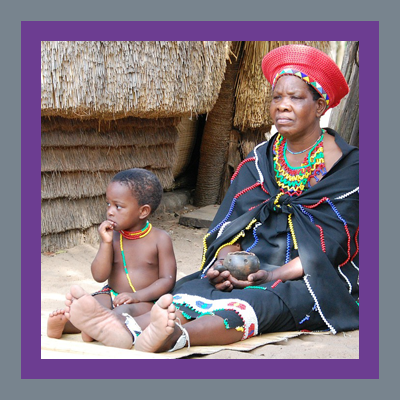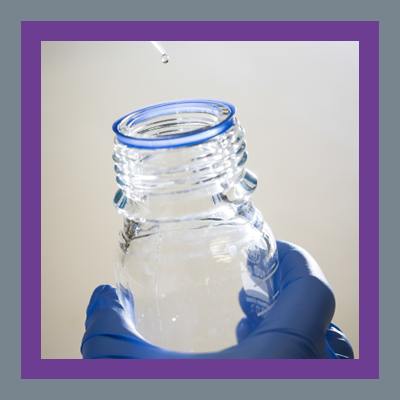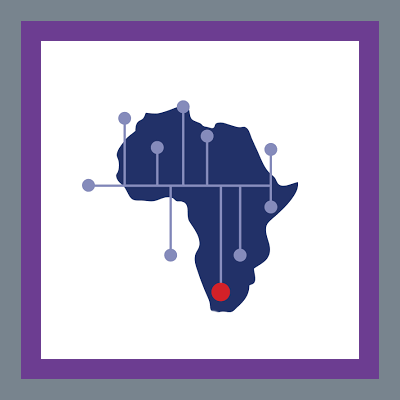DST HySA Infrastructure Centre of Competence in Hydrogen production, storage, reticulation and safety codes and standards

Though it may seem futuristic, the capability to turn renewable solar energy into hydrogen for fuel cell applications and energy storage in South Africa has already been developed. The HySA Infrastructure DST Center of Competence at North-West University (NWU) and the CSIR has taken the first ground-breaking steps towards developing innovative applications and solutions for hydrogen production, storage, and distribution in South Africa. This will enable the country to use its wealth of solar and platinum group metal resources to generate high-quality, cost-effective hydrogen from renewable energy sources.
HySA (Hydrogen South Africa) has established three Centres of Competence – HySA Infrastructure, HySA Catalysis and HySA Systems. HySA Infrastructure is hosted within the NWU and our main mission is to deliver technologies for hydrogen production (linked to renewable energy), storage and distribution.
Director: Dr Dmitri Bessarabov
DST/NWU Pre-Clinical Drug Development Platform (PCDDP)

The Pre-Clinical Drug Development Platform consists of two major departments, they are primarily a national platform for drug development where they focus on the evaluation of new drug development with pre-clinical and clinical studies. There are various phases of drug development, the PCDDP typically will enter at phase two with the pre-clinical studies, which includes animal and live cell studies, from there on the process drives to clinical studies on healthy volunteers and then to the next phase where the drugs are tested on patients.
They also specialise in reformulating dosage form, for example, an injection to an oral tablet or capsule. Some of the product developments include radiopharmaceutical drugs and insulin, which are being tested to replace intravenous (like drips or injections) with oral administrations, and to change the dosage form for peptide therapy for prostate cancer and endometriosis. This eliminates the need for invasive surgery or procedures.
Director: Prof Anne Grobler
DTI Centre for Advanced Manufacturing
image
Text
Director: Prof LJ Grobler
DST Centre of Excellence in Indigenous Knowledge Systems

IKS is an acronym for Indigenous Knowledge Systems. Indigenous knowledge (IK) refers to the unique local and citizen knowledge that has been developed in the local setting of a particular culture and passed on from generation to generation as they solved their survival challenges and sought meaning in life. The fact that indigenous cultures and people have survived for centuries is proof that they had scientific knowledge of how to harness their environmental resources to meet their needs. Our Centre is one of five consortium partners of the Department of Science and Technology-National Research Foundation (DST-NRF) Centre in Indigenous Knowledge Systems (CIKS). The partner institutions are, University of KwaZulu-Natal (UKZN), North-West University (NWU), University of Limpopo (UL), University of South Africa (UNISA), and University of Venda (UNIVEN).
Director: Prof Simeon Materechera
Centre for Human Metabolomics

The Centre for Human Metabolomics (CHM) uses its commercially driven platform, called the National Metabolomics Platform (NMP), to fulfill a niche in the South African Health. The NMP provides effective and efficient Metabolomic Analytic Services which is internationally competitive.
The NMP is aligning itself with International Standards ISO 17025 (General requirements for the competence of testing and calibration laboratories) and ISO 9000 (Quality management), ensuring the highest confidence in its results. To facilitate this process the NMP has set sail toward becoming a paperless institution through the acquisition of a Laboratory Information Management System (LIMS). The NMP LIMS system holds the capability of directly sending high priority electronic results straight to Health-Care Practitioners, putting our Doctors in a position to receive the much-needed infrastructure for a speedy response.
The NMP is in collaboration with the oldest Biochemistry Laboratory in South Africa, Potchefstroom’s Laboratory for Inborn Errors of Metabolism (PLIEM), the New-born Screening (NBS) Laboratory as well as the Biotransformation and Oxidative Stress Laboratory (BOSS), working together to promote the South African economy and exploiting scientific technological advancements which will benefit all.
Director: Prof Chris Vorster
South African Centre for Digital Language Resources (SADiLar)

The South African Centre for Digital Language Resources (SADiLaR) is a national centre supported by the Department of Science and Innovation (DSI) as part of the new South African Research Infrastructure Roadmap (SARIR).
SADiLaR has an enabling function, with a focus on all official languages of South Africa, supporting research and development in the domains of language technologies and language-related studies in the humanities and social sciences. The Centre supports the creation, management and distribution of digital language resources, as well as applicable software, which are freely available for research purposes through the Language Resource Catalogue.
It is foreseen that the number of nodes will increase in future as new functional nodes develop.
Director: Prof Attie de Lange
Medical Research Council Extra Mural Unit for Hypertension and Cardiovascular Disease
image
Text
Director: Prof Alta Schutte
